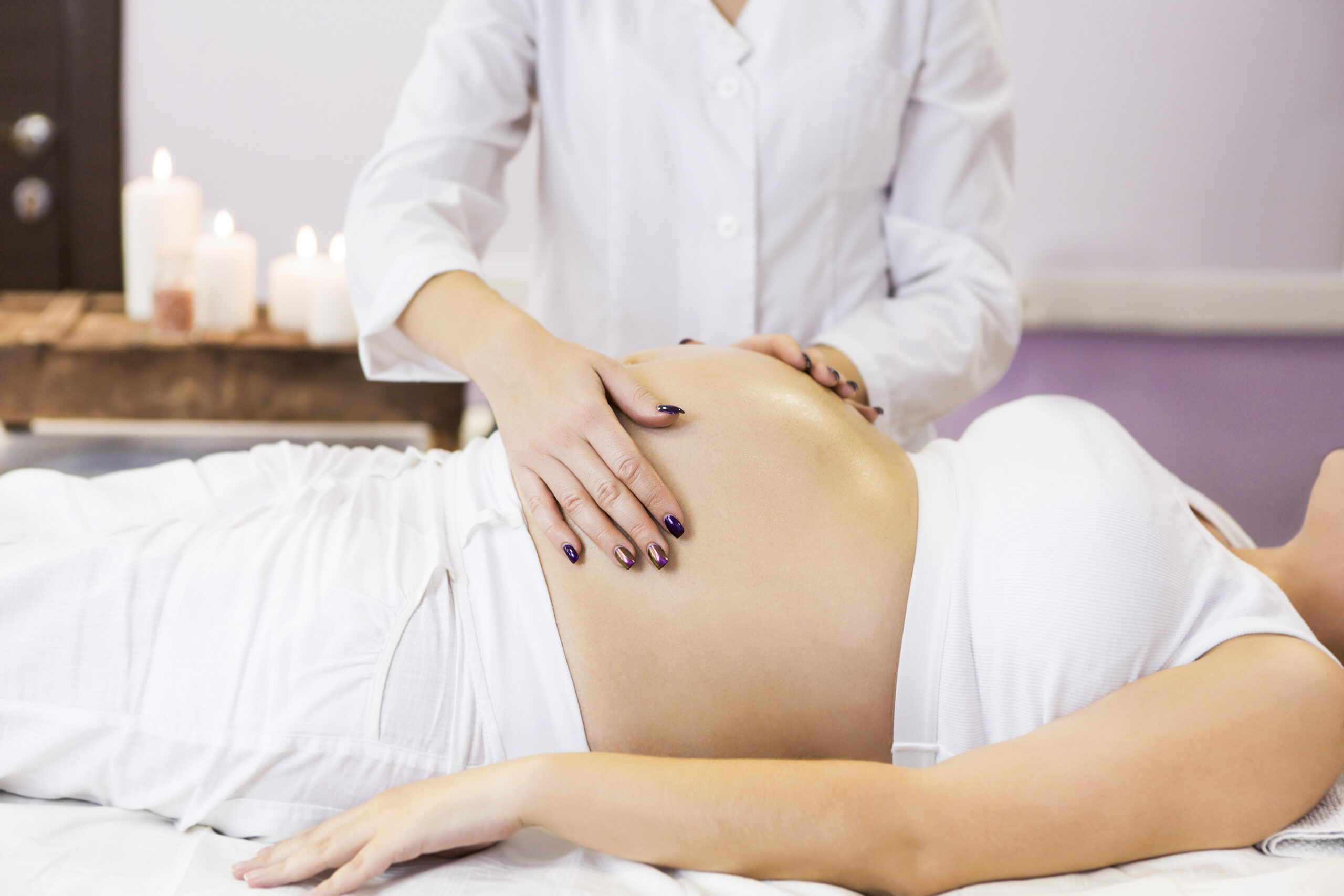Fertility challenges affect millions of couples worldwide, and seeking the right medical and treatment options can be a crucial step toward parenthood. With advancements in reproductive medicine, there are several medical and holistic approaches available to support fertility in both men and women. Whether through conventional treatments, assisted reproductive technologies, or integrative therapies like Ayurveda, individuals can explore options tailored to their specific needs.
Understanding Fertility Challenges
Fertility issues can arise due to multiple factors, including hormonal imbalances, structural abnormalities, lifestyle choices, and underlying health conditions. Some common causes of infertility include:
- Ovulatory Disorders: Irregular or absent ovulation, commonly seen in PCOS and thyroid disorders.
- Tubal Blockages: Fallopian tube damage or obstruction preventing egg fertilization.
- Male Factor Infertility: Low sperm count, poor motility, or abnormal morphology.
- Endometriosis: A condition where uterine-like tissue grows outside the uterus, affecting conception.
- Age-Related Infertility: Reduced egg quality and ovarian reserve in women over 35.
- Unexplained Infertility: When no specific cause is identified after medical evaluation.
Conventional Medical Treatments for Fertility
Modern medicine offers various fertility treatments, from medications to advanced reproductive technologies. These include:
- Fertility Medications
Hormonal treatments help regulate ovulation and improve the chances of conception:
- Clomiphene Citrate (Clomid): Stimulates ovulation in women with irregular cycles.
- Letrozole (Femara): Often used for ovulation induction, especially in PCOS.
- Gonadotropins (FSH & hCG Injections): Directly stimulate the ovaries to produce multiple eggs.
- Metformin: Used to regulate insulin levels in PCOS-related infertility.
- Assisted Reproductive Technology (ART)
When medication alone is not effective, advanced fertility treatments are available:
- Intrauterine Insemination (IUI): Sperm is placed directly into the uterus to enhance fertilization chances.
- In Vitro Fertilization (IVF): Eggs are fertilized outside the body and transferred into the uterus.
- Intracytoplasmic Sperm Injection (ICSI): A single sperm is injected directly into an egg to aid fertilization.
- Egg Freezing (Oocyte Cryopreservation): Preserves eggs for future use, beneficial for women delaying pregnancy.
- Donor Egg or Sperm: Used when natural conception is not possible due to severe fertility issues.
- Surrogacy: A third party carries the pregnancy when a woman cannot carry a baby herself.
- Surgical Interventions for Fertility
For conditions affecting reproductive structures, surgical treatments may be recommended:
- Laparoscopic Surgery: Used to remove endometriosis, ovarian cysts, or fibroids.
- Hysteroscopy: Corrects uterine abnormalities like polyps or fibroids.
- Varicocele Repair: A surgical procedure to improve sperm quality in men with varicoceles.
- Tubal Surgery: Removes blockages in the fallopian tubes to restore fertility.
Holistic and Alternative Approaches to Fertility
Many couples combine conventional treatments with holistic therapies to enhance reproductive health naturally. These include:
- Ayurveda and Herbal Medicine
Ayurveda aims to balance the body’s energies and improve reproductive health using:
- Shatavari: Nourishes the female reproductive system and enhances ovulation.
- Ashwagandha: Reduces stress and improves male sperm health.
- Gokshura: Supports hormonal balance in both men and women.
- Panchakarma Therapy: Detoxification treatments to remove toxins and improve fertility.
- Acupuncture and Traditional Chinese Medicine (TCM)
- Stimulates blood flow to reproductive organs and regulates hormonal balance.
- Often used alongside IVF to improve success rates.
- Nutritional and Lifestyle Changes
- Anti-inflammatory Diet: Whole foods, antioxidants, and essential fatty acids enhance fertility.
- Regular Exercise: Improves circulation and hormone balance without excessive stress on the body.
- Stress Reduction Techniques: Meditation, yoga, and mindfulness support emotional well-being.
- Supplements for Fertility
- Coenzyme Q10 (CoQ10): Supports egg and sperm quality.
- Vitamin D: Essential for hormone regulation and embryo implantation.
- Omega-3 Fatty Acids: Improve egg health and reduce inflammation.
- Zinc & Selenium: Boost sperm production and motility.
Choosing the Right Fertility Treatment
Every individual or couple’s fertility journey is unique, and choosing the right treatment depends on several factors, including age, medical history, and personal preferences. Consulting a fertility specialist or reproductive endocrinologist is essential to determine the best approach.
Conclusion
Fertility treatments have advanced significantly, offering a range of medical and holistic options for those seeking to conceive. Whether through medications, ART procedures like IVF, or complementary therapies like Ayurveda and acupuncture, couples can explore various paths to parenthood. By integrating modern medicine with holistic care, individuals can enhance fertility naturally and increase their chances of a successful pregnancy.
For personalized fertility guidance, it’s recommended to consult with a fertility specialist, Ayurvedic practitioner, or holistic health expert to determine the most effective course of action for your unique needs.

